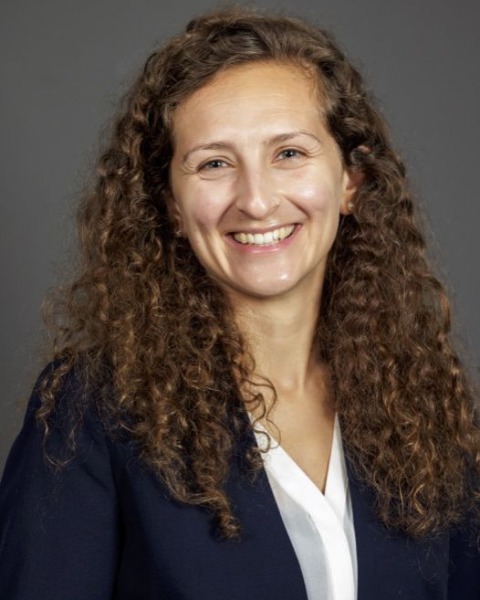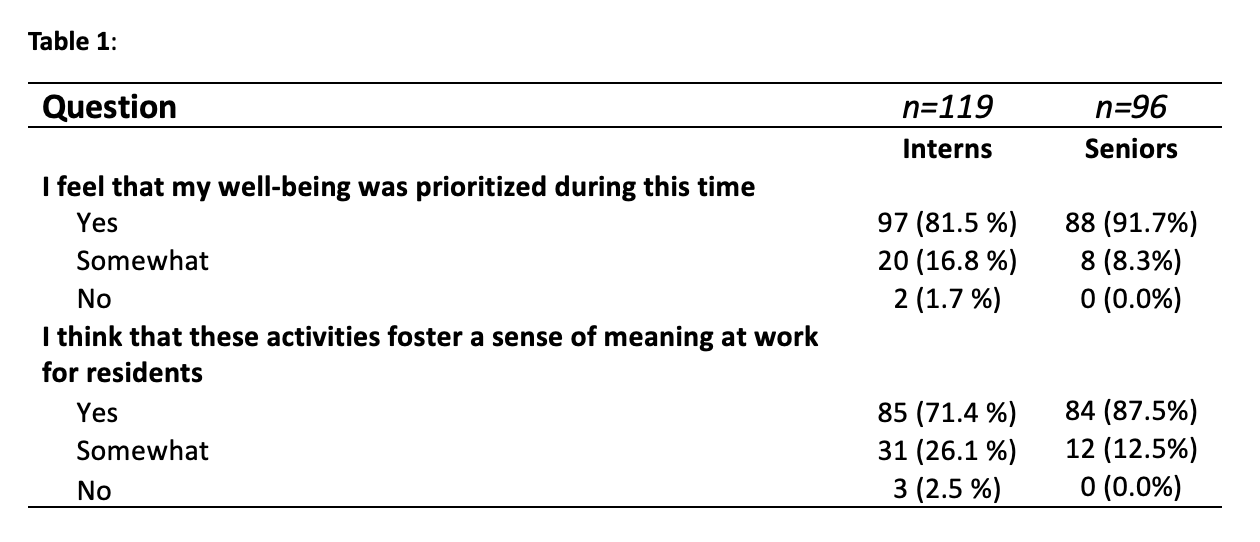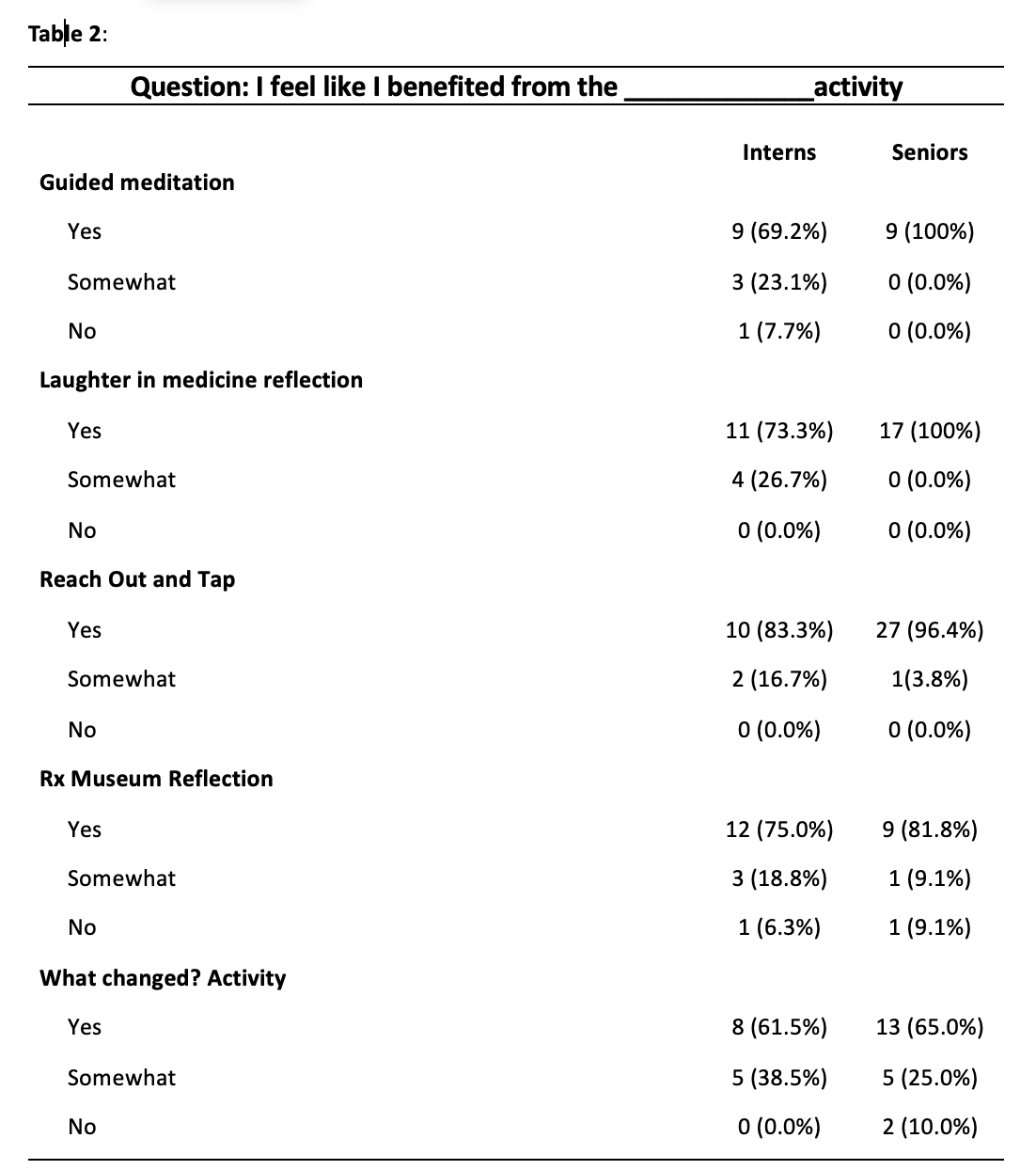Medical Education
Session: Medical Education 8
494 - Meaning in Medicine: A Novel Resident Well-Being Program
Monday, May 6, 2024
9:30 AM - 11:30 AM ET
Poster Number: 494
Publication Number: 494.3268
Publication Number: 494.3268

Rose Bayer, MD (she/her/hers)
Chief Resident
St. Christopher's Hospital for Children
Philadelphia, Pennsylvania, United States
Presenting Author(s)
Background: The pandemic’s impact on physician burnout demands a creative approach to reversing declining morale, especially among trainees. There is a growing field of study around finding and maintaining personal meaning at work to mitigate the effects of stress and burnout. New initiatives are needed to help identify meaning and cultivate purpose in the workplace in order to enhance physician well-being and prevent burnout.
Objective: Our study aims to assess the effectiveness of the novel program "Meaning in Medicine" in improving resident well-being by fostering community, respect, and empathy through activities based on concepts of gratitude, compassion, and humor.
Design/Methods: Based on a growing field of research, we developed and implemented a novel program “Meaning in Medicine” to help residents develop a sense of meaning and value in the workplace. The program was implemented during academic half days for all pediatric residents over six months. It includes a variety of group and individual activities that foster community, respect, and empathy by applying concepts of gratitude, compassion, and humor. To assess effectiveness of the programming, confidential feedback surveys were distributed to participants after each session and anonymous responses were collected. Subjects included all pediatric residents at St. Christopher’s Hospital for Children. Participation was voluntary in the activities as well as in the feedback surveys. Descriptive statistics were performed.
Results: Summary results show that 86.1% (n=185) of residents felt their well-being was prioritized during “Meaning in Medicine” sessions and 78.6% (n=169) of residents reported these activities foster a sense of meaning at work. The program benefits based on trainee level, showed that 81.5% (n=97) of interns (PGY1) and 91.7% (n=88) of seniors (PGY2/3), their well-being was prioritized and 71.4% (n=85) of interns (PGY1) and 87.5% (n=84) of seniors (PGY2/3), reported these activities foster a sense of meaning at work.
Conclusion(s): Our results strongly demonstrate an overall benefit from this novel programming for residents, leading us to conclude that creating a formal, evidence-based program to help maintain meaning in the workplace, is an impactful method of addressing resident burnout and improving well-being. Implementing “Meaning in Medicine” during protected academic time demonstrates a commitment from program leadership to enhance resident well-being by promoting a sense of meaning at work with an inclusive and structured approach. Further studies may inform how to improve physicians’ well-being regionally or nationwide.


